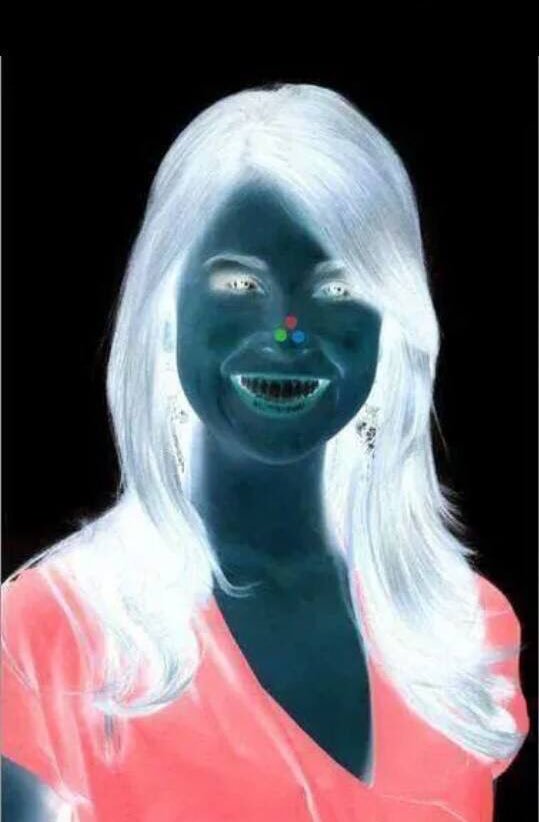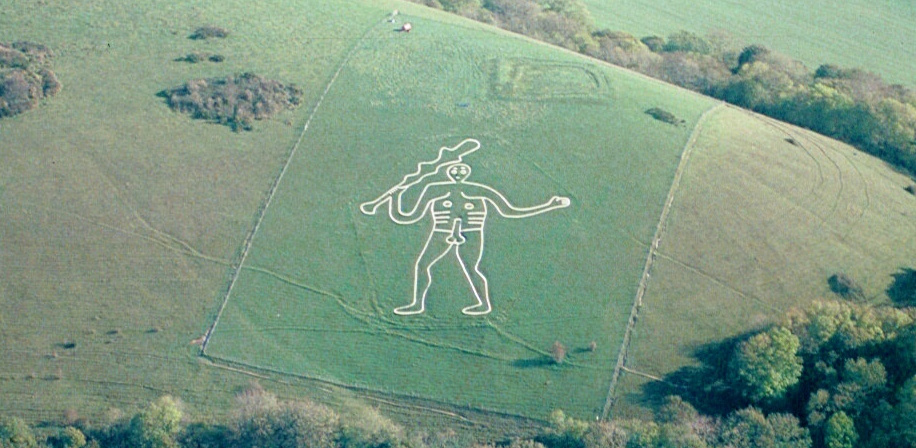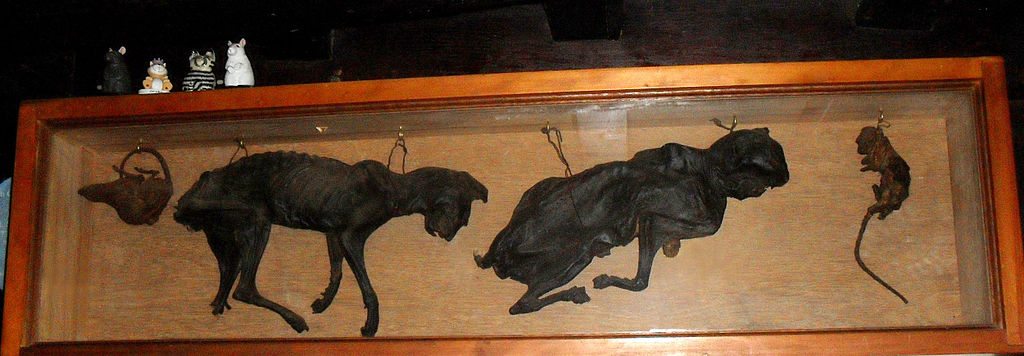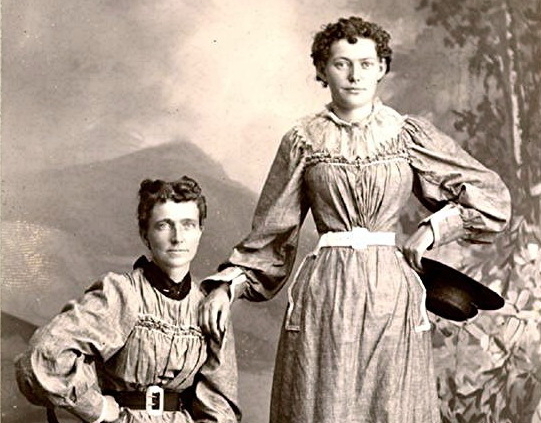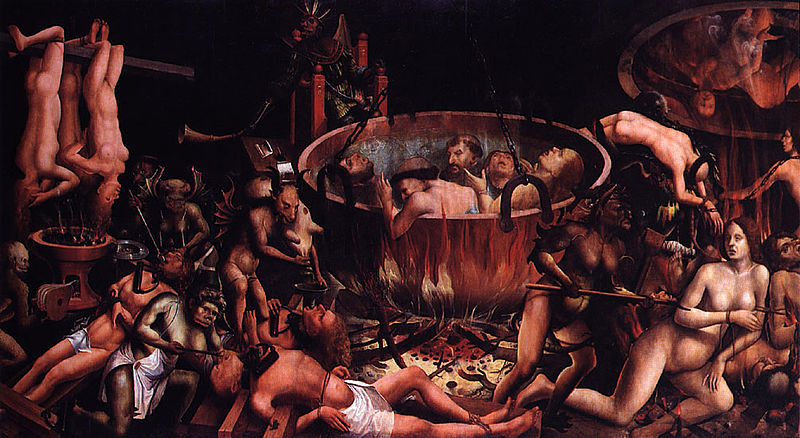Minutes of a borough council meeting, quoted by Robert Graves and Alan Hodge in The Reader Over Your Shoulder, 1943:
Councillor Trafford took exception to the proposed notice at the entrance of South Park: “No dogs must be brought to this Park except on a lead.” He pointed out that this order would not prevent an owner from releasing his pets, or pet, from a lead when once safely inside the park.
The Chairman (Colonel Vine): What alternative wording would you propose, Councillor?
Councillor Trafford: “Dogs are not allowed in this Park without leads.”
Councillor Hogg: Mr. Chairman, I object. The order should be addressed to the owners, not to the dogs.
Councillor Trafford: That is a nice point. Very well then: “Owners of dogs are not allowed in this Park unless they keep them on leads.”
Councillor Hogg: Mr. Chairman, I object. Strictly speaking, this would prevent me as a dog-owner from leaving my dog in the back-garden at home and walking with Mrs. Hogg across the Park.
Councillor Trafford: Mr. Chairman, I suggest that our legalistic friend be asked to redraft the notice himself.
Councillor Hogg: Mr. Chairman, since Councillor Trafford finds it so difficult to improve on my original wording, I accept. “Nobody without his dog on a lead is allowed in this Park.”
Councillor Trafford: Mr. Chairman, I object. Strictly speaking, this notice would prevent me, as a citizen who owns no dog, from walking in the Park without first acquiring one.
Councillor Hogg (with some warmth): Very simply, then: “Dogs must be led in this Park.”
Councillor Trafford: Mr. Chairman, I object: this reads as if it were a general injunction to the Borough to lead their dogs into the Park.
Councillor Hogg interposed a remark for which he was called to order; upon his withdrawing it, it was directed to be expunged from the Minutes.
The Chairman: Councillor Trafford, Councillor Hogg has had three tries; you have had only two …
Councillor Trafford: “All dogs must be kept on leads in this Park.”
The Chairman: I see Councillor Hogg rising quite rightly to raise another objection. May I anticipate him with another amendment: “All dogs in this Park must be kept on the lead.”
This draft was put to the vote and carried unanimously, with two abstentions.


